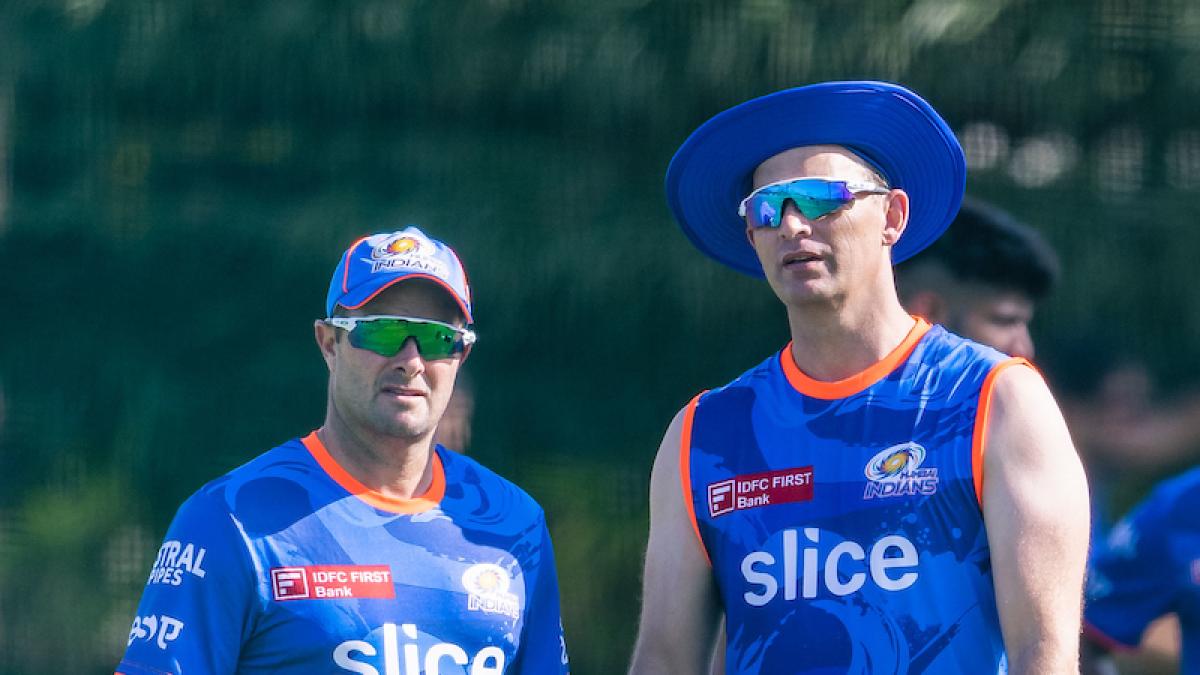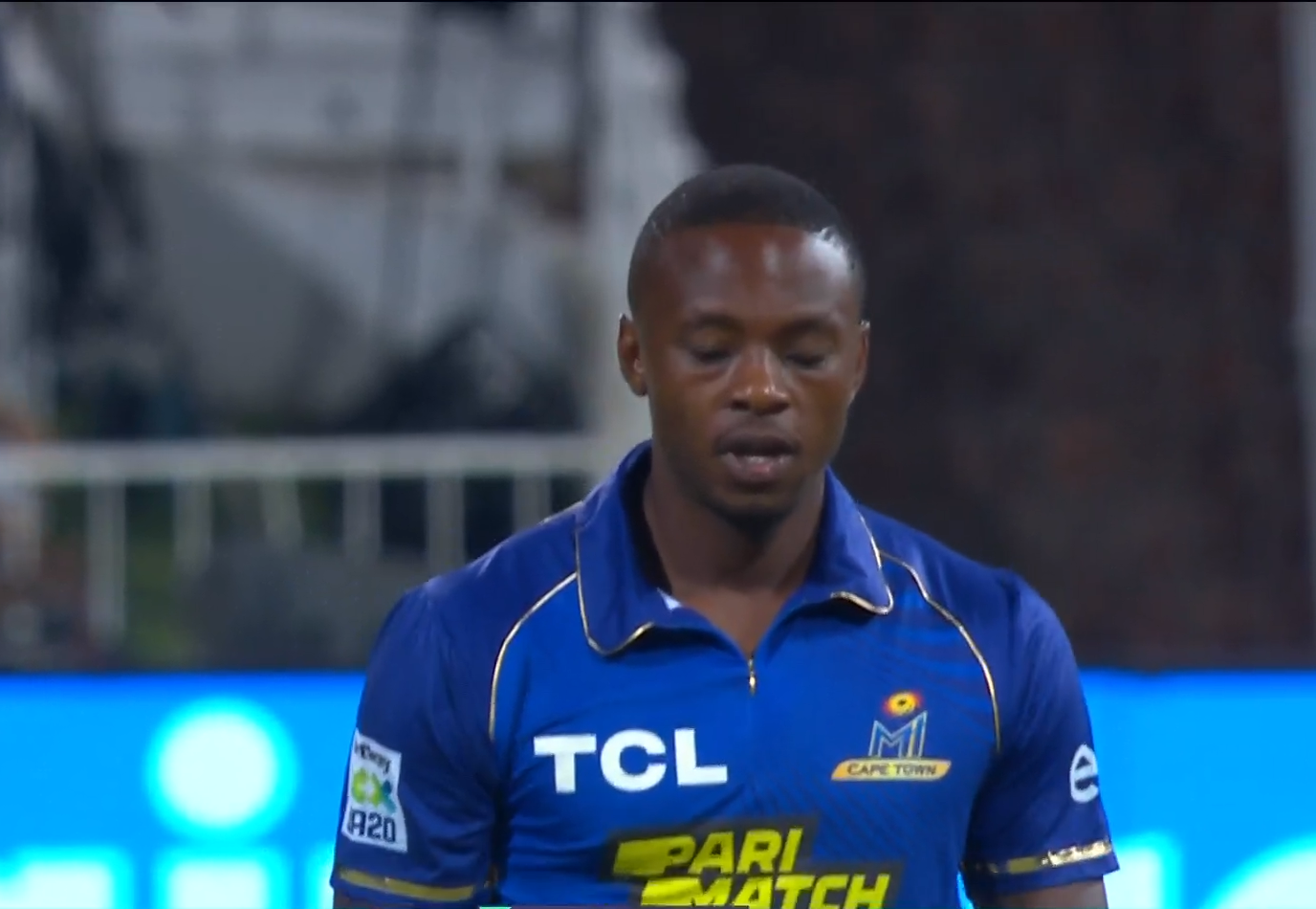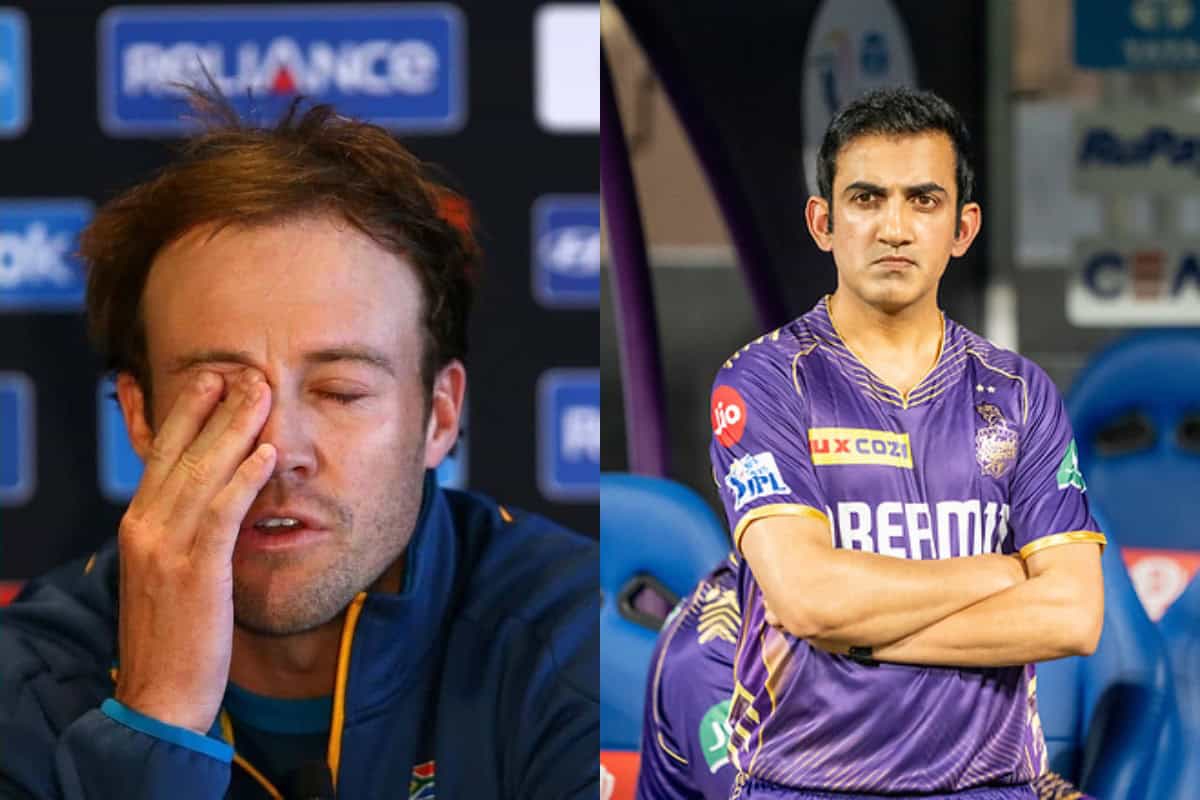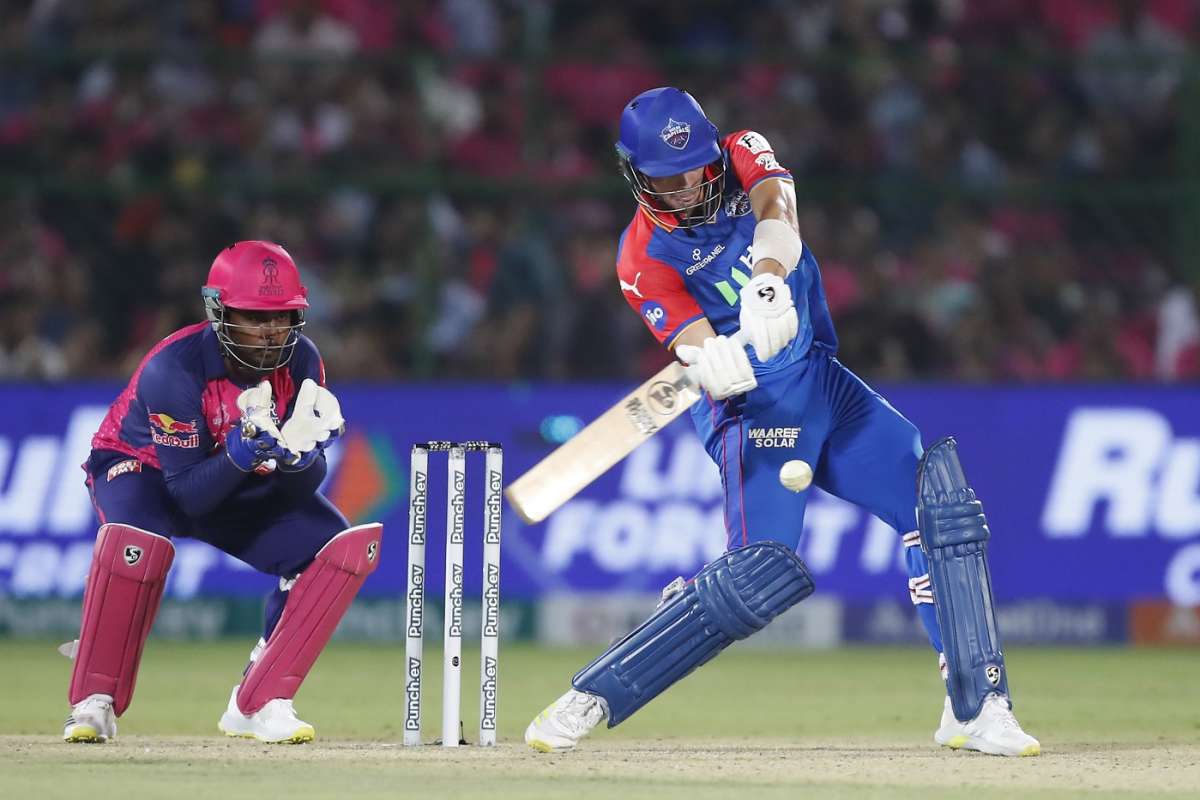Mark Boucher’s tenure as the head coach of the Mumbai Indians in the Indian Premier League (IPL) has been a tale of shifting fortunes, intense scrutiny, and a continuous battle against the odds. Appointed in late 2022, Boucher’s move from the South African national team to the helm of one of cricket’s most celebrated franchises promised a new chapter for both the coach and the team. However, this transition has not been without its challenges.
The 2023 IPL season was a stark illustration of the rollercoaster nature of franchise cricket, with Mumbai Indians experiencing a series of early setbacks. The absence of key players such as Kieron Pollard to retirement, and Jasprit Bumrah and Jhye Richardson to injuries, significantly impacted the team’s composition and strategy. Despite these hurdles, under Boucher’s guidance, Mumbai staged an impressive mid-season recovery, showcasing resilience and tactical ingenuity. This turnaround saw them overcoming initial losses to secure a spot in the playoffs, demonstrating Boucher’s ability to adapt and inspire his team amidst adversity【27†source】.
Yet, the IPL 2024 season reintroduced challenges, with Mumbai Indians once again finding themselves on the back foot early on. The team’s losing record under Boucher’s leadership has become a point of concern, reflecting the high-pressure environment of the IPL, where success is expected, and anything less is scrutinized【21†source】. The transition in captaincy has added another layer of complexity to the scenario, testing Boucher’s managerial skills and decision-making. Leadership changes within a team can disrupt established dynamics and necessitate a period of adjustment, which has been evident in Mumbai’s performance【27†source】.
In such high-stake settings, coaches often find themselves as the focal points for accountability. The narrative of the coach as a ‘sacrificial lamb’ in times of team adversity is not unfamiliar in sports, and Boucher’s situation is no exception. Despite the pivotal role of leadership transitions and the challenges they present, the immediate performance outcomes frequently overshadow the broader strategic and developmental contributions a coach makes to a team’s long-term success.
Boucher’s decision to give opportunities to young talents amidst these trials has been a silver lining. This approach not only aligns with the long-term vision of nurturing future stars but also showcases Boucher’s commitment to player development. However, in the cutthroat competitiveness of the IPL, immediate results often dictate the narrative, putting additional pressure on Boucher to balance developmental goals with the demand for victories.
The complexities Boucher faced in South African cricket, characterized by a backdrop of intricate politics, have found a parallel in the IPL’s own brand of challenges. Managing a high-profile team like Mumbai Indians involves navigating a maze of expectations, media scrutiny, and the pressures of delivering consistent performance outcomes. If Boucher thought he was leaving behind the politics of cricket in South Africa, the IPL has served as a potent reminder that at the highest levels of the sport, these dynamics are omnipresent and equally challenging.
As the IPL 2024 season unfolds, Mark Boucher’s leadership and strategic acumen are under the microscope. The journey ahead requires a delicate balance of fostering young talent, managing leadership transitions, and, most critically, securing wins to silence the critics and justify the faith placed in him by the Mumbai Indians franchise. In this high-pressure environment, Boucher’s legacy will be shaped by his ability to navigate the complexities of franchise cricket, adapt to its ever-changing demands, and steer Mumbai Indians back to their winning ways.






Leave a Reply